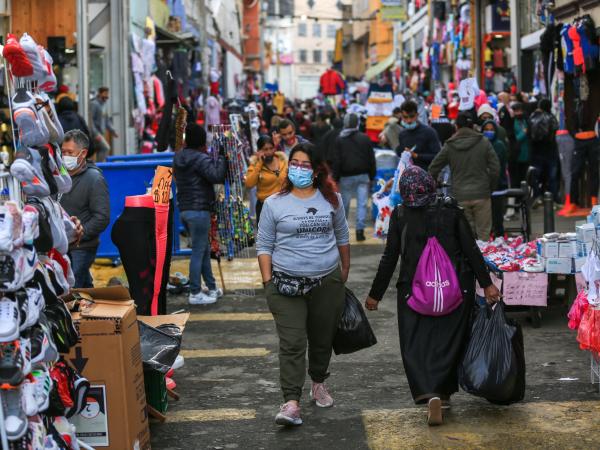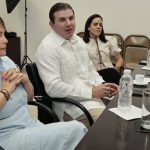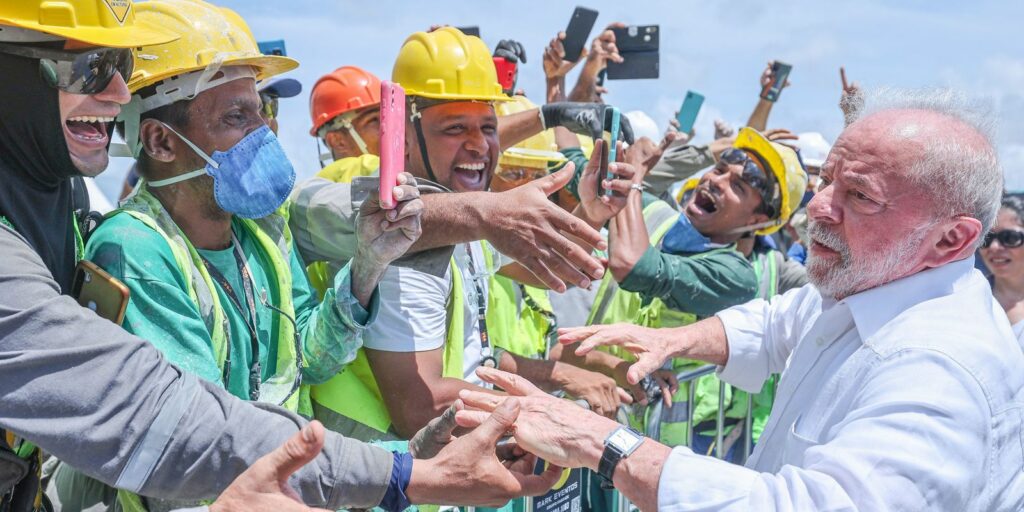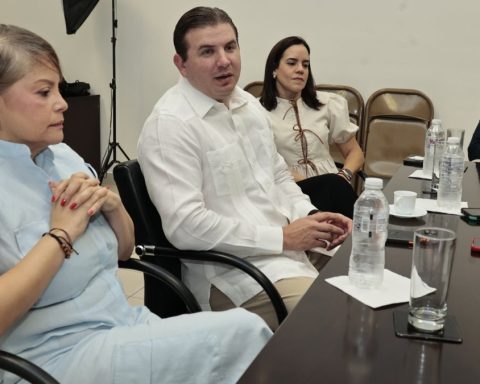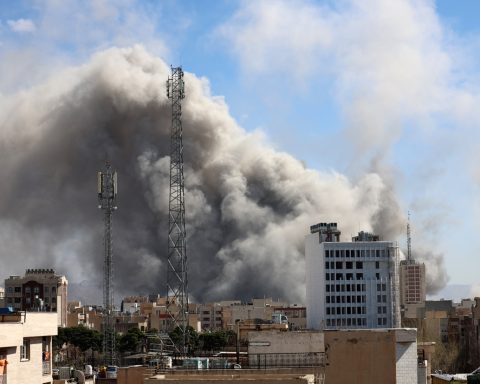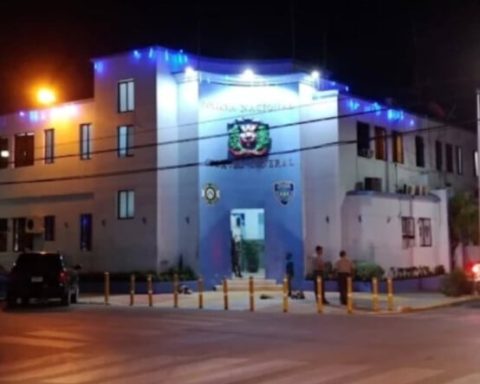One of the most outstanding projects within the National Development Planwhich this week was filed by the National Government for its discussions in Congress, is the creation of a National Council of Popular Economy, which would be under the orders of the Ministry of Commerce, Industry and Tourism and which, as its name indicates, seeks Strengthen those small businesses and microenterprises in the country that do not have access to credit, or any other figure of protection for their maintenance.
(National Development Plan: what the project proposes for the country).
The document defines this concept as “commercial trades and occupations (production, distribution and commercialization of goods and services) and non-commercial (domestic or community) developed by small-scale economic units (personal, family, micro-businesses or micro-enterprises), in any economic sector”.
The construction of this National Council is established in article 58 of the project and seeks to build the lines of public policy for the popular economy, as well as coordinate the inter-institutional actions necessary for it.
(Popular economy, the protagonist of the National Development Plan).
It also intends to be a support for these entrepreneurs, mostly informal, and for that it would seek resources for the implementation of these credit and assistance instruments that would come out of the Budget and the Medium-Term Fiscal Framework.
This initiative is seen as something positive for the country and especially for people with small-scale production units, since it allowed the design of an information system focused on the popular economy and tools to promote these businesses.
“The popular economy has always been there. They are all those small enterprises through which millions of entire families live but that today cannot improve their profitability because in most cases they cannot access credit and have to resort to the so-called ‘drop by drop’, a phenomenon with a high economic and social impact.” stated the economist Carlos Alberto Garzón, in an interview with Portafolio.
(Petro’s road map for his four years of government).
According to Garzón, if the country wants to reduce poverty and unemployment, it must work on the development of this economy, because in addition the vast majority of peasants are within this concept.
To boost the popular economy, the Plan proposes the creation of a public policy, under an institutional framework that strengthens its capacity to generate income.
BRIEFCASE
